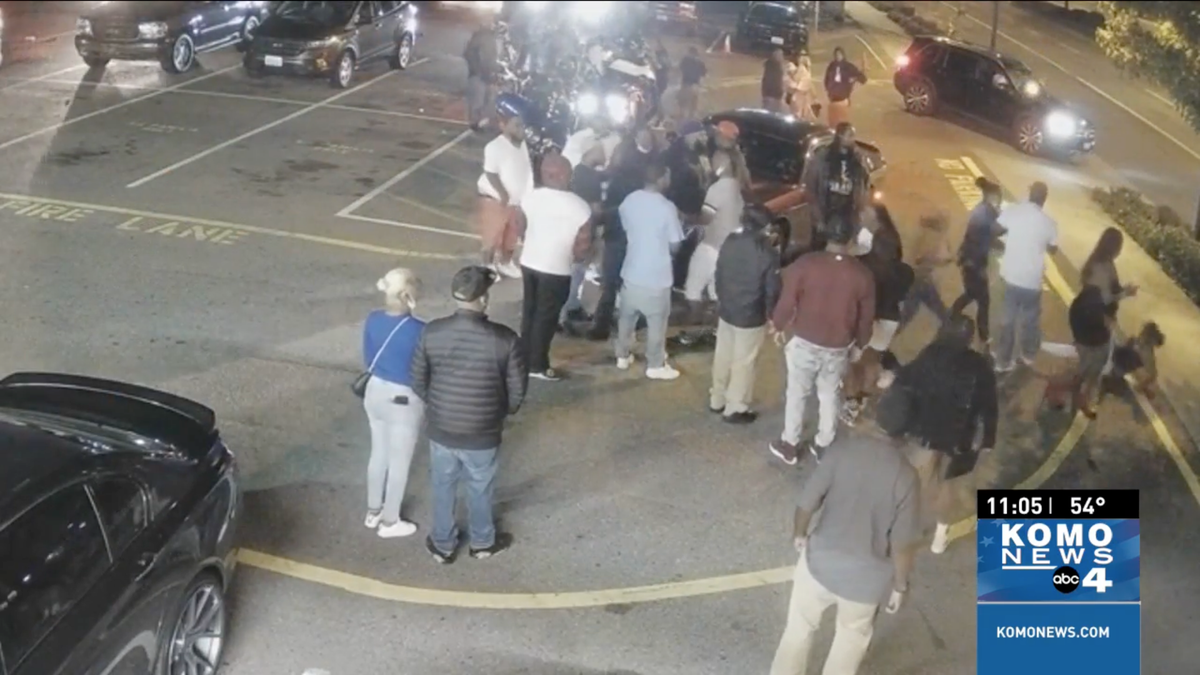- cross-posted to:
- [email protected]
- cross-posted to:
- [email protected]
A judge in Washington state has blocked video evidence that’s been “AI-enhanced” from being submitted in a triple murder trial. And that’s a good thing, given the fact that too many people seem to think applying an AI filter can give them access to secret visual data.



Great points! Thanks for expanding. I agree with your point that people most often want a recreation of what was perceived. Its going to make this whole AI enhanced eviidence even more nuanced when the tech improves.
I think the “best” possible outcome is that AI images are essentially treated as witness data, as opposed to direct evidence. (Best is meant in terms of how we treat AI enhanced images, not justice outcomes. I don’t think we should use them for such things until they’re significantly better developed, if ever)
Because the image is essentially at that point a neural networks interpretation of the image that it captured, which is functionally similar to a human testifying to what they believe they saw in an image.
I think it could have a use if used in conjunction with the original or raw image, and the network can explain what drive it’s interpretation, which is a tricky thing for a lot of neural network based systems.
That brings it much closer to how doctors are using them for imaging analysis. It doesn’t supplant the original, but points to part of it with an interpretation, and a synopsis of why it things that blob is a tumor/gun.